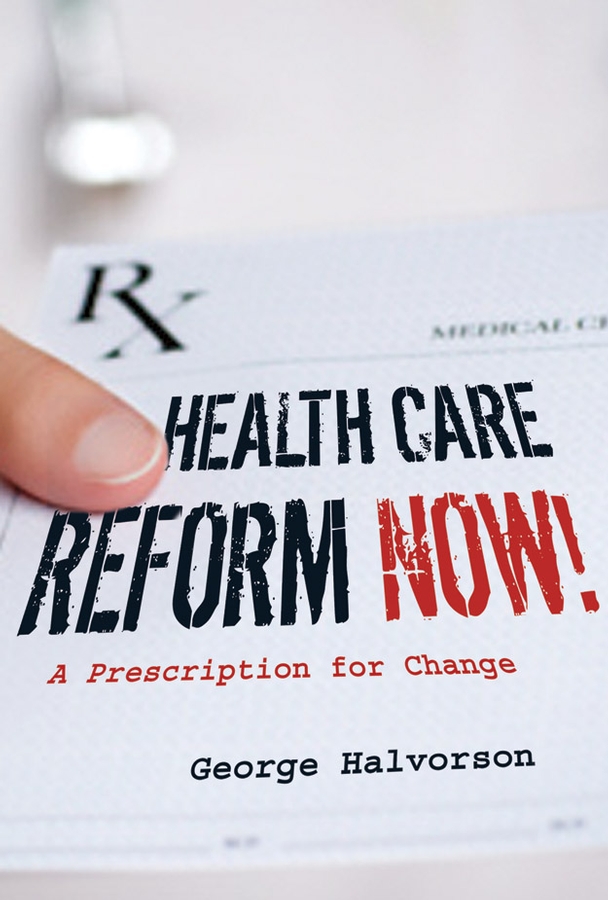CLCR1
LanguageENG
PublishYear2007
publishCompany
Wiley
EISBN
9780787998394
PISBN
9780787997526
edition
1
- Product Details
- Contents
Health Care Reform Now is written by one of the leading figure health care today, and offers a simultaneously passionate and rational way to solve this countrys health care crisis. George Halvorson, who has led two of the most successful nonprofit health plans in the country (Health Partners in Minnesota and Kaiser Foundation Health Plan in California), expounds on a model that solves the unsolvable -- by simplifying and streamlining our health care system in a way that works for patients, doctors, nurses, payers, and those who legislate health care policy. Currently, 1 percent of people incur 40 percent of health care costs, whereas 70 percent of people incur 10 percent of health care costs. These are not just social inequities: they are signs of economic instability in the system, where a failure to invest where needed undermines having a competitively high-quality system. Any effort to reform health care that does not understand the overwhelmingly powerful implication of this economic truth is doomed to fail. Halvorson identifies three core areas in which our system must achieve better results: the need for protocols, a better patient communication process, and better outcomes tracking. His model outlines the ethical and logistical reasons for health care reform as well as explains and defend a benefit package and funding services. And finally, he explains why quick action is essential and how using the right toolsthe focus on real costs and the use of real data and systemscan make universal coverage affordable, efficient and administrable. Rather than having a single payer, Halvorson believes there should be a single data source, with all payers having the same data requirements with data that is transferable from one payer to another. He believes that Personal Health Records using a data aggregation tool should be the national standard that pre-empts a single payer approach. Why? Todays lack of appropriate useable data is thwarting continuous quality improvement (CQI) and leading to increased costs. Halvorson will provide examples of lousy care and useless data that drive up costs unnecessarily and lead to poor outcomes. Halvorson will include horror stories of the expense and flaws of the paper medical record as the key obstacle to operational health care data. Hell outline the role that providers, health plans and the government will need to play and call for a change in the governments highly politicized Medicare/Medicaid process that takes too long and has no leadership.
Collected by
- University of Cambridge
- Princeton University
- Yale University
- University of Oxford
- Harvard University
- Columbia University Library
- Stanford University
- CUHK
- University of Chicago
- MIT
- UCB
Similar











